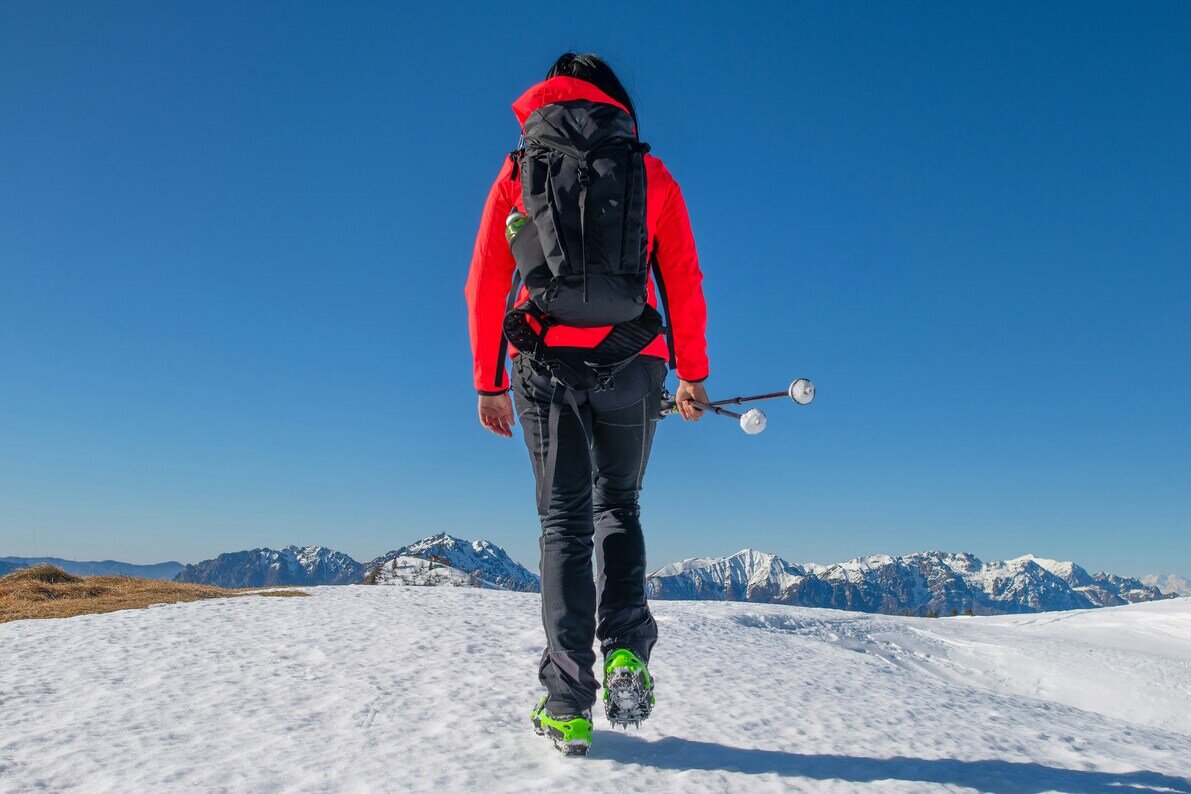Altitude Sickness
Altitude sickness, also known as mountain sickness, occurs when you ascend to high altitudes too quickly and the lack of oxygen causes you to feel sick, dizzy and short of breath. If you are planning on travelling to high altitudes above 2,500m you can combat the sickness with Acetazolamide tablets.
This medicine works by speeding up the processes your body goes through to acclimatise to high altitude. It might be recommended if you have had Acute Mountain sickness (AMS) before or if a gradual ascent is not possible.
Moderate risk of altitude sickness Individuals with a history of AMS1 ascending to 2,500–2,800 m in one day.
Individuals with no history of AMS ascending to > 2,800 m in one day.
All individuals ascending > 500 m/day (in sleeping elevation) at altitudes above 3,000 m but with an extra day for acclimatisation every 1,000 m.
High risk of altitude sickness Individuals with a history of AMS ascending to > 2,800 m in one day.
All individuals with a history of HACE2 or HAPE3.
All individuals ascending to > 3,500 m in one day.
All individuals ascending > 500 m/day (in sleeping elevation) above 3,000 m without extra days for acclimatisation.
Very rapid ascents (e.g.< 7-day ascents of Mt. Kilimanjaro).
1 AMS – Acute Mountain Sickness
2 HACE – High-Altitude Cerebral Oedema
3 HAPE – High-Altitude Pulmonary Oedema
For comprehensive information visit Fit for travel

Need some assistance?
Give one of our friendly team members a call on 01509 506564 or email us at mail@numark-chemist.com

